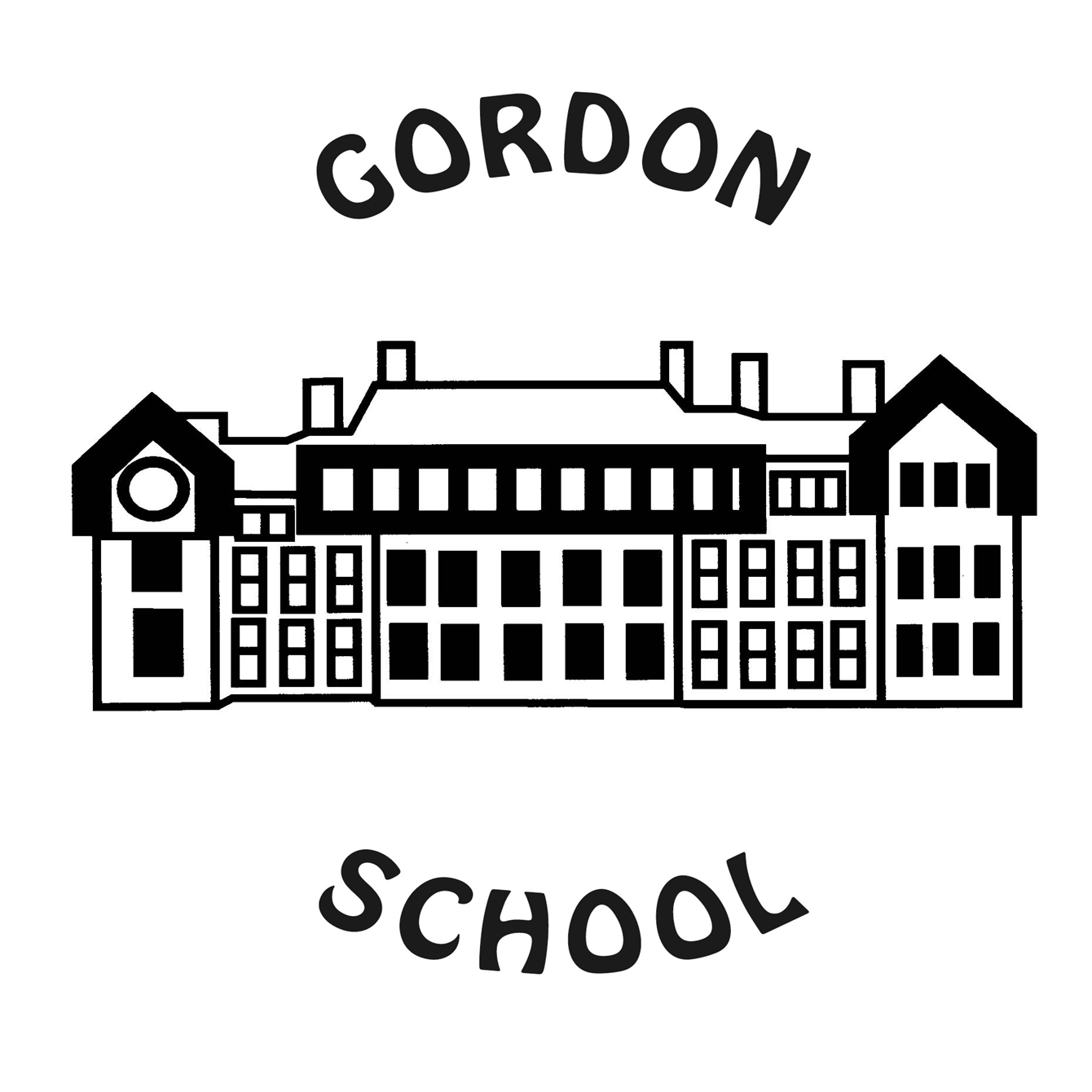PSHE & RSE
Personal, Social & Health Education, incorporating Relationship & Sex Education
What children learn in PSHE lessons
PSHE is a crucial part of children’s education where they learn explicitly how to stay safe in the modern world, maintain good physical and mental health and manage money, relationships and changes.
PSHE lessons give children access to big ideas and conversations about themselves and the ever-changing world around them in their local, national and global communities. The curriculum is designed to be broad and balanced, and meet the unique context of our school. At the heart of the curriculum is an emphasis on the importance of fostering respect and understanding for ourselves and others.
Our approach to teaching PSHE
In the Foundation Stage, PSHE is embedded throughout the curriculum. The objectives taught are the Personal, Social and Emotional Development statements from ‘Development Matters in the EYFS’ and the Early Learning Goals.
From Year 1, PSHE is taught through a clear and comprehensive scheme of work in line with the National Curriculum. This is enhanced by the Health & Well-Being, Relationships and Living in the Wider World learning opportunities set out in the PSHE Association’s Programme of Study. We also adhere to the statutory Relationships & Sex Education (RSE) guidance.
We teach aspects of Sex Education in an age-appropriate way across the school, including puberty and reproduction. YAs part of Relationships Education, we also teach about different kinds of relationships, including same-sex relationships, and gender identity. We consider that it is vitally important that our children understand the diverse world they live in and are prepared for life in modern Britain.
Children’s achievements in PSHE
When pupils leave Gordon school, they will be equipped with the tools to lead positive, successful lives and make valuable contributions to our diverse society. Children will be on their journey to becoming confident, tolerant, and well-rounded adults, able to approach a range of real-life situations by applying their skills and attributes. They will be able to appreciate difference and diversity, recognise and apply the British Values of Democracy, Tolerance, Mutual Respect, Rule of Law and Liberty. Children will be able to understand and manage their emotions as well as look after their mental health and well-being and develop positive, healthy relationships with others both now and in the future.
